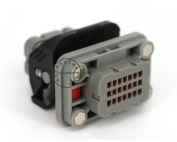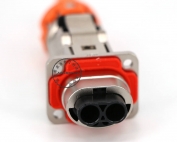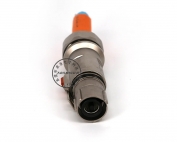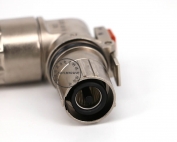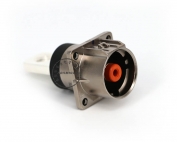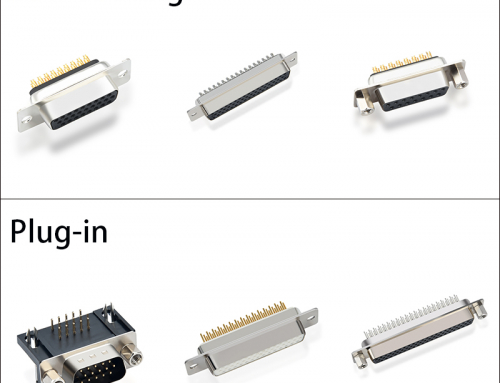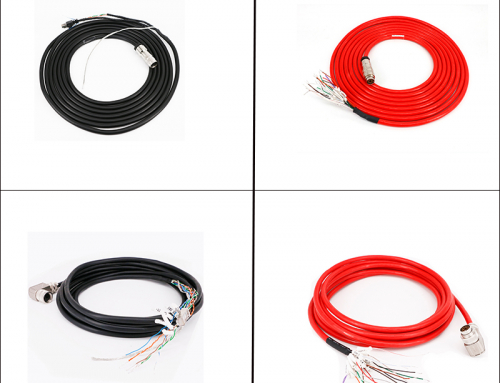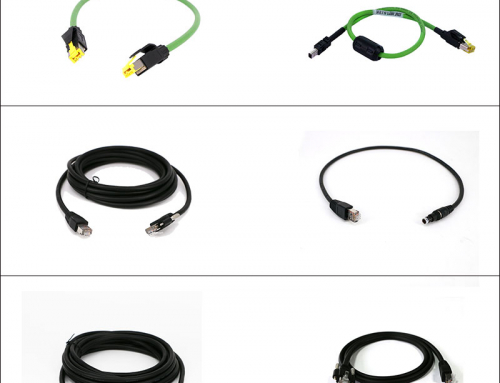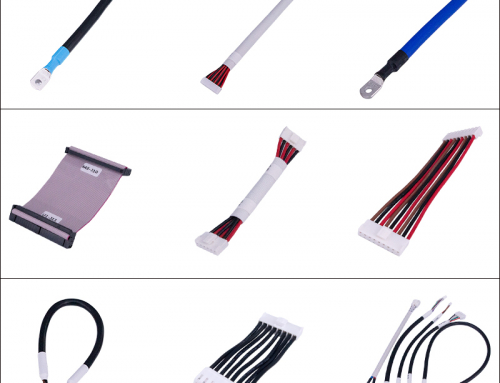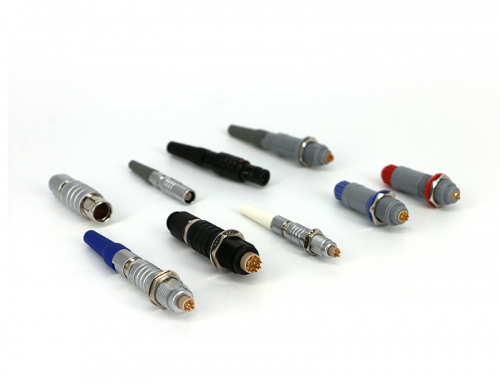All along, the development of connectors in the field of consumer electronics is like a duck, but as the number of connector companies entering the consumer electronics industry continues to increase, there has been a lot of situation in the market, so connector manufacturers continue to increase in industry, automotive, medical, etc. The proportion of business in emerging areas guarantees higher returns.
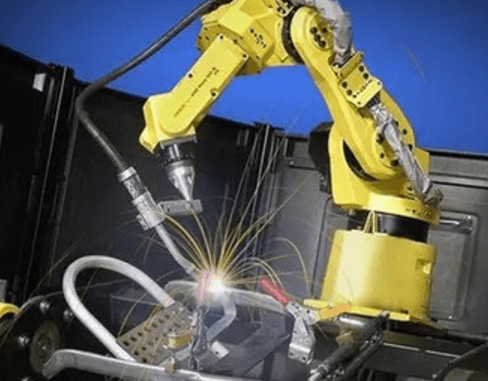
The arrival of Industry 4.0 and industrial automation means that more intelligent equipment and robots will be widely used in various production fields, and their demand shows a steady and rapid growth trend. Among them, the core intelligent equipment and robots have high requirements for connectors, and more “high-precision, high-performance” connectors will be more and more applied to these intelligent equipment and robots.
From the current sales performance of the original connector manufacturers and distributors, Industry 4.0 has a great pulling effect on the connector. Industrial connectors have many different characteristics compared to consumer, military, automotive, and medical connectors, such as dust, water, shock, high and low temperatures, which do not cause connector design or production. Small challenge. Yang Siyuan also said that industrial connectors have strict requirements for “reliability, IP rating, operating temperature and shock resistance”, and even many indicators require automotive and even military standards. As a result, the original factory needs a longer cycle in the development of new products, more considerations and more stringent tests, and high R&D costs, which test the comprehensive strength of the manufacturers.
Industrial interconnect systems must be designed to withstand harsh environments, including extreme temperatures, pressure, vibration, dust, and aggressive corrosive chemicals. The associated ratings, such as IP67 NEMA, dictate that connectors can be used. The standard under which conditions to operate.
The connector can carry up to 6.0 amps of current and the seals meet IP67 NEMA rating requirements. The seals are held in place by end caps, providing manufacturers of sensors, lighting and vending machines with a highly durable barrier against moisture and dust, with operating temperature limits ranging from -40 to +105 °C.
In response to high demands from customers, manufacturers need to meet customer requirements in extremely harsh and demanding environments, such as hot swapping under uninterrupted power conditions, extreme temperature tests brought by aerospace, and high vibration caused by rail transit. Explosion accidents that may occur in oil and gas environments and high requirements for deep sea pressure. Some industrial connectors also require industry-standard high water ratings (IP67 or higher).
If you distinguish between the environmental requirements of the application, the general consumer electronic circuit board connector has the lowest environmental requirements, followed by industry and medical, and finally high-end industrial applications such as bulldozers and electric vehicles, which requires enterprises to have strong Technical R&D team
It is understood that the solutions and technologies for “Industry 4.0” and “Intelligent Production”, the interconnection and cooperation between the various module areas such as stamping, injection molding, assembly and crimping are also new to the connector devices. Requirements.
In the case of heavy-duty connectors, more and more demanding applications require the superior performance of traditional heavy-duty connectors, while at the same time providing a wider range of applications and fast and comprehensive service capabilities, which can be widely used in industrial production. Especially in the connection of harsh and complex environments, it meets the diverse needs of intelligent control equipment for customers in China and global markets.
It can be seen that the special application environment of industrial connectors brings challenges to the technology research and development of enterprises. The high threshold is destined to be in the hands of a few large enterprises. In addition to the demanding requirements of the environment, moving toward “wireless” technology, “highly customized” is also a feature of industrial connectors that differ from other types of connectors.
Industry 4.0 replaces traditional wired fieldbus technology, and this change is driving a major disruptive change need, the wireless interconnect system. In particular, the rapid development of the Internet of Things (IoT) has driven the widespread demand for networked sensor arrays.
These arrays need to communicate over a wireless mesh network to monitor many factors in the production environment, such as temperature, humidity, lighting, asset tracking, and asset management. It can be seen that the improvement of the demand for wireless interconnection technology by Industry 4.0 has brought new opportunities to connector manufacturers. In recent years, manufacturers such as TE and MOLEX have also begun to expand the direction of product design from “wired” to “wireless”.
The development of sensor chips has made the Internet of Things possible, and interconnect solutions will face extremely high demands. Also, IPv6 addressing allows an almost unlimited number of people and devices to communicate over the Internet.
In addition, in the development of a variety of competing protocols for ultra-low power (ULP) wireless applications, we can provide a super-interconnected industrial environment in which every aspect of production can be meshed Networked robots and big data analytics are monitored and controlled for optimal efficiency.
In addition to the expanding needs of “wireless” technology, product “customization” is particularly important in the industrial sector. The industry knows that traditional connectors are mostly passive products, and manufacturers can provide standardized products to customers.
However, with the emergence of electronic product diversification and intelligent demand, connector manufacturers need more “customized” products to meet customer needs, especially in the industrial field, connector manufacturers need to develop new products with customers to meet The unique shape and functionality of the customer is required.


